In Iraq’s ‘Dire’ Economy, Poverty Is Rising — And So Are Fears Of Instability
Enlarge this image
«Now, because of the rise of the dollar and the pensions people aren’t receiving, there are two classes of people, says Saad Salman, the owner of a Baghdad sweet shop. «A poor class and a rich class.
Alice Fordham/NPR
hide caption
toggle caption
Alice Fordham/NPR
Enlarge this image
Protesters block a road leading to an oil complex during anti-government protests in Basra in December.
Nabil al-Jurani/AP
hide caption
toggle caption
Nabil al-Jurani/AP
Enlarge this image
People shop in October for used clothes at the Baghdad market selling them.
Khalid Mohammed/AP
hide caption
toggle caption
Khalid Mohammed/AP
People shop in October for used clothes at the Baghdad market selling them.
Khalid Mohammed/AP
Iraq is not unique in this respect. Many oil-exporting countries have been bruised by low oil prices, and many have centralized economies with lots of state employees.
But some, like the United Arab Emirates, have diversified their economies with manufacturing, travel or tourism sectors. Others, like Saudi Arabia, have vast reserves.
Iraq, on the other hand, is depleted by burdens including rebuilding cities ruined by its shattering fight against the Islamic State.
For years, if not decades, economists have insisted it is imperative for Iraq to have a more diverse economy and a larger private sector, so that so many people’s livelihoods do not depend on a high oil price. But despite international development initiatives large and small, the private sector is still dwarfed by the state economy.
The government’s reform plan
Finance Minister Ali Allawi does have a plan. «There has to be really an entirely different approach to the way that the government funds itself and the way that resources are allocated between various sectors, he tells NPR.
His ministry unveiled a white paper last year to do things like encourage investment by improving Iraq’s infrastructure, bump up tax revenues, stimulate agriculture and manufacturing and tailor young Iraqis’ education to the global labor market.
Allawi concedes that many of these ideas are not new. In the past, he says, «most of these plans foundered because there wasn’t the will to sustain them. Oil money was flowing, and the government «chose the line of least resistance.
Now, he says, there is political and popular recognition that reform is necessary. The white paper contains hundreds of concrete steps to be enacted over three to five years — the first being the currency devaluation.
«There’ll be a number of people who will lose and a much greater number who will benefit, he says of the disruption.
But the benefits will take time to materialize. Meantime, Iraq is seeking billions of dollars in loans from the International Monetary Fund to soften the present pain — and avert political challenges.
«If the current situation continues, warns Sajad Jiyad of the Century Foundation, «and if oil prices are low, there is a real possibility that more and more people will go on strikes or protests, and things could become more difficult.
Protests have rocked Iraq over the past year and a half. The largest have been in Baghdad, but the southern city of Nasiriyah has also seen large demonstrations and a months-long sit-in. A forceful crackdown has dampened the protests, but anger continues to simmer and activists say growing poverty is one factor that keeps it going.
«The economic situation of all of the people in Nasiriyah and Iraq is getting worse day after day. We will see more demonstrations, says Ziyad al Asaad, who has participated in many demonstrations against the government. «More protests in the streets, in the square.
- Iraq
Обсудим?
Смотрите также:

